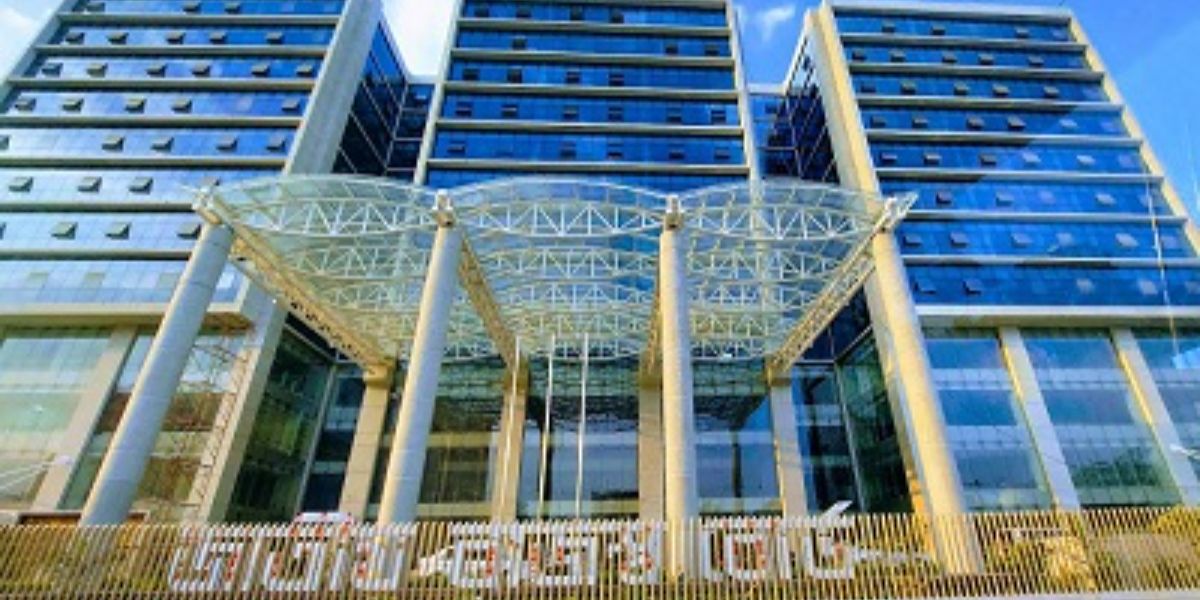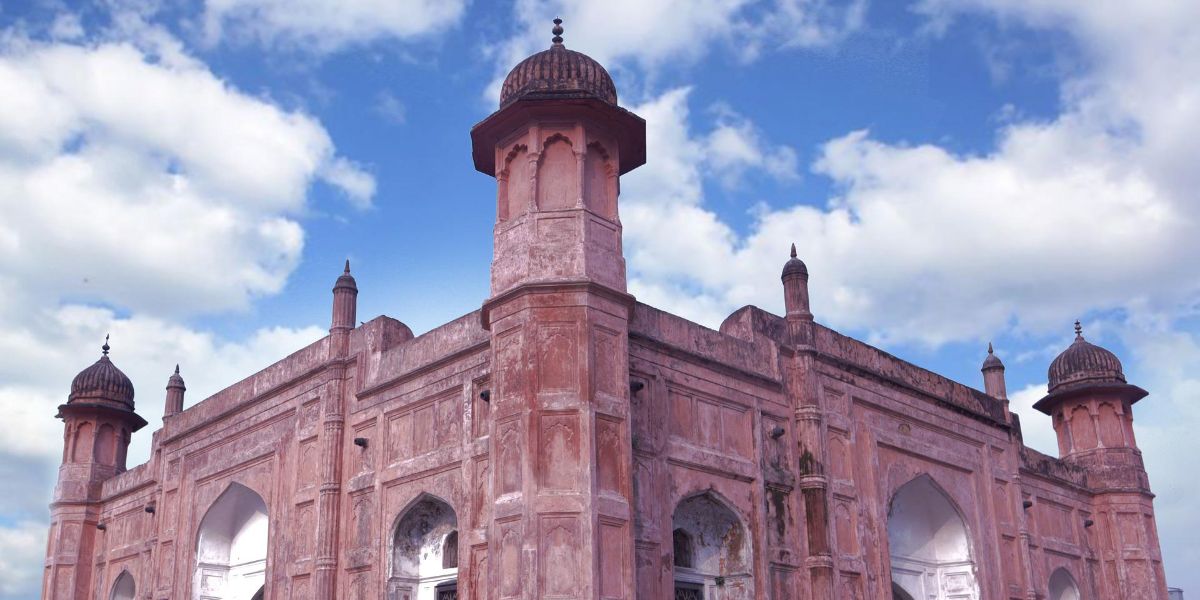A special opportunity to legalise undisclosed money is expected to return in FY25 in Bangladesh after a four-year hiatus.
The local media in the country reported that the government is planning to offer amnesty at a flat 15% tax rate. This provision will likely be included in the upcoming fiscal policy, allowing individuals to legalise black money without facing questions from government agencies.
In fiscal 2020-21, a similar scheme allowed black money holders to legalise their assets at a 10% tax rate, resulting in 11,839 people declaring approximately BDT 205 billion. This generated BDT 20.64 billion in revenue. Majority of the legalised money was held as cash or bank deposits, while the remainder was invested in land, flats, or in the stock market.
Presently the maximum tax rate for individual taxpayers is 25%, which is proposed to increase to 30% in the next fiscal year. The new amnesty would allow black money holders to pay only half the regular tax rate.
Under existing laws, individuals can legalise undeclared money by paying up to 25% tax plus a 10% penalty, with the government retaining the right to investigate the sources.
In previous years, the investment of undisclosed money in economic zones and high-tech parks have been allowed at a 10% tax rate, with similar opportunities provided during the military-backed caretaker government era, leading to significant legalisation of black money.
Despite the government’s recurring offers to legalise black money, these initiatives have historically struggled to attract significant participation due to fears of investigation. The National Board of Revenue (NBR) amended laws in 2020 to ensure the confidentiality of the sources of legalised black money, but the overall effectiveness remains debated.













